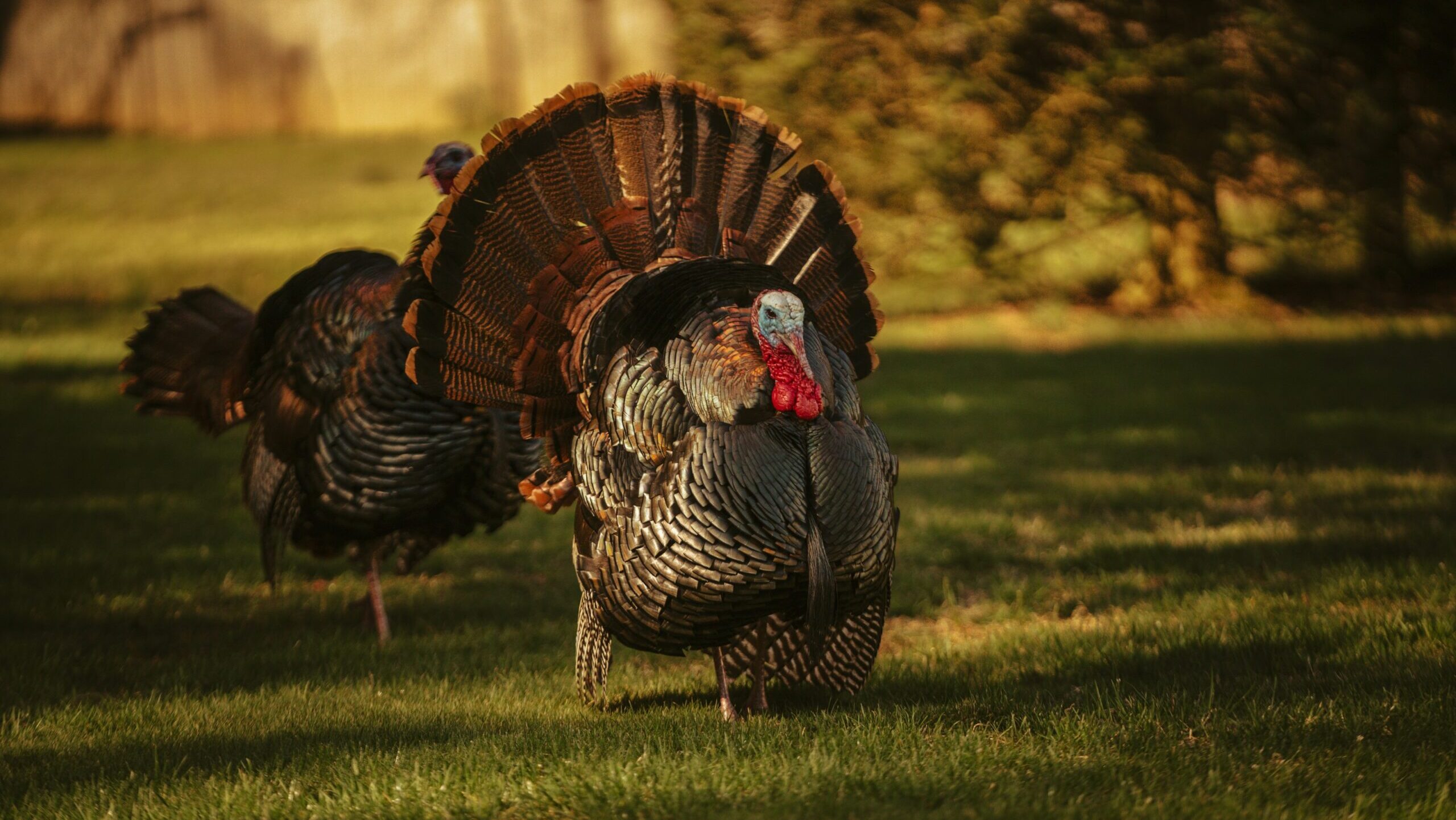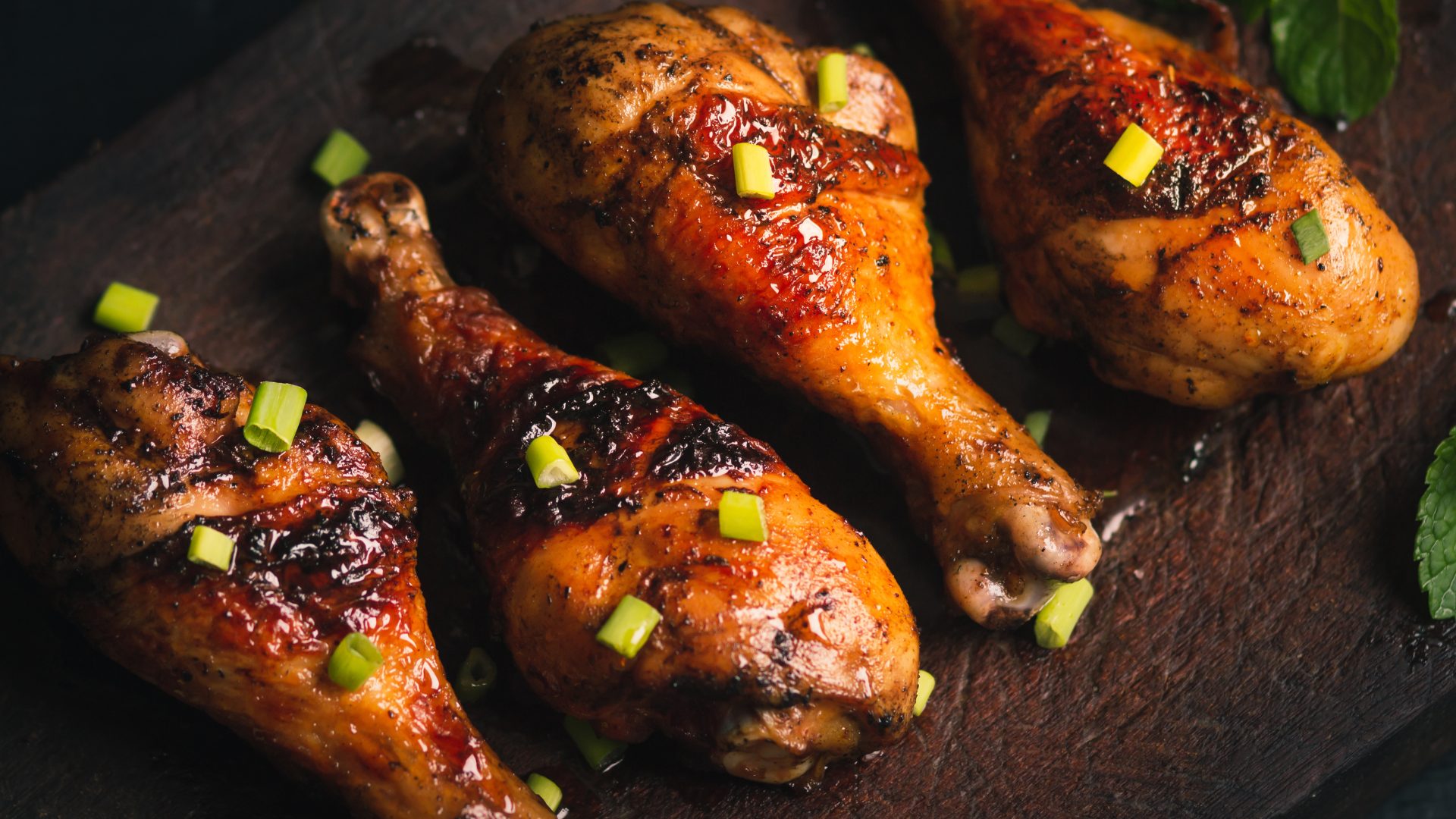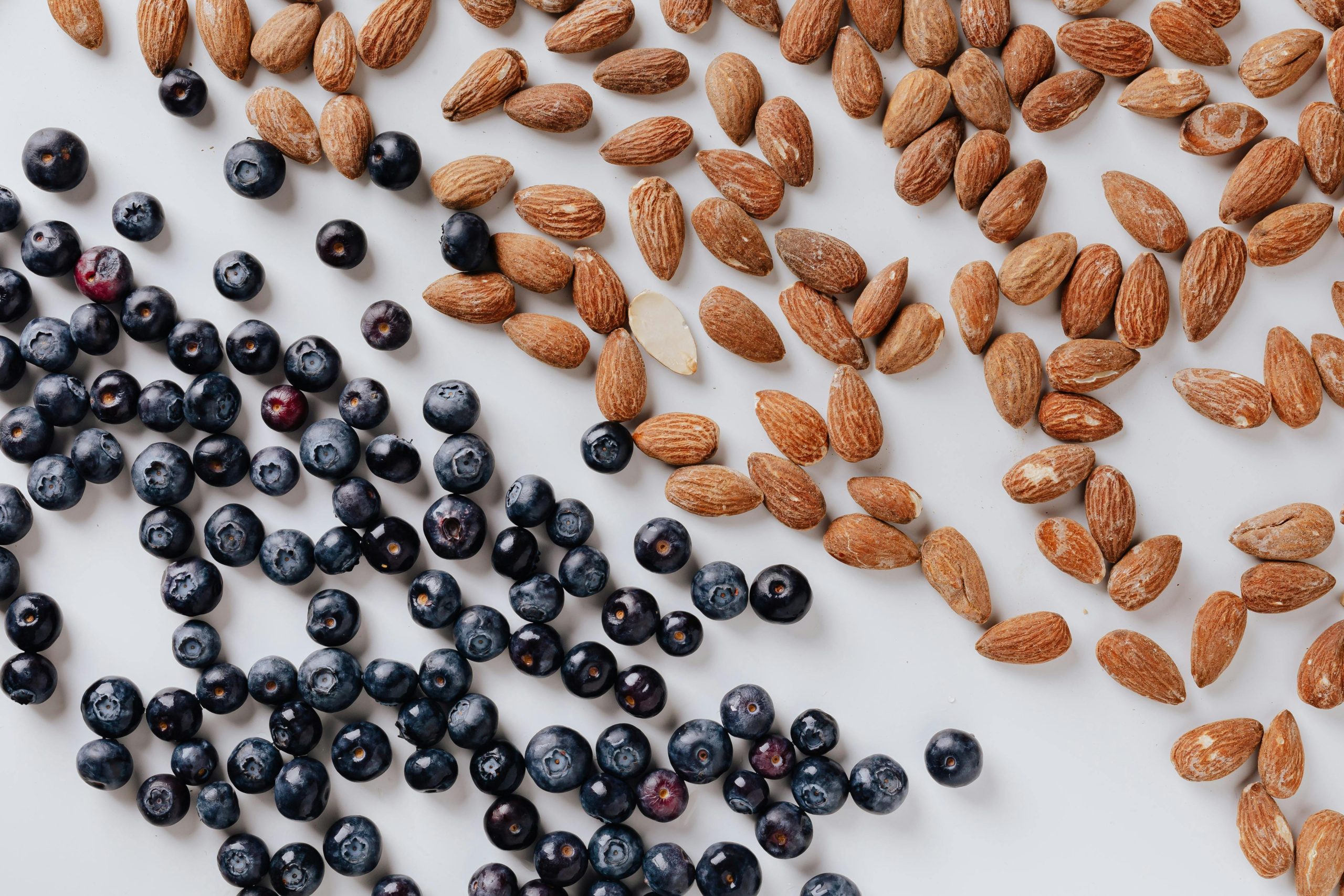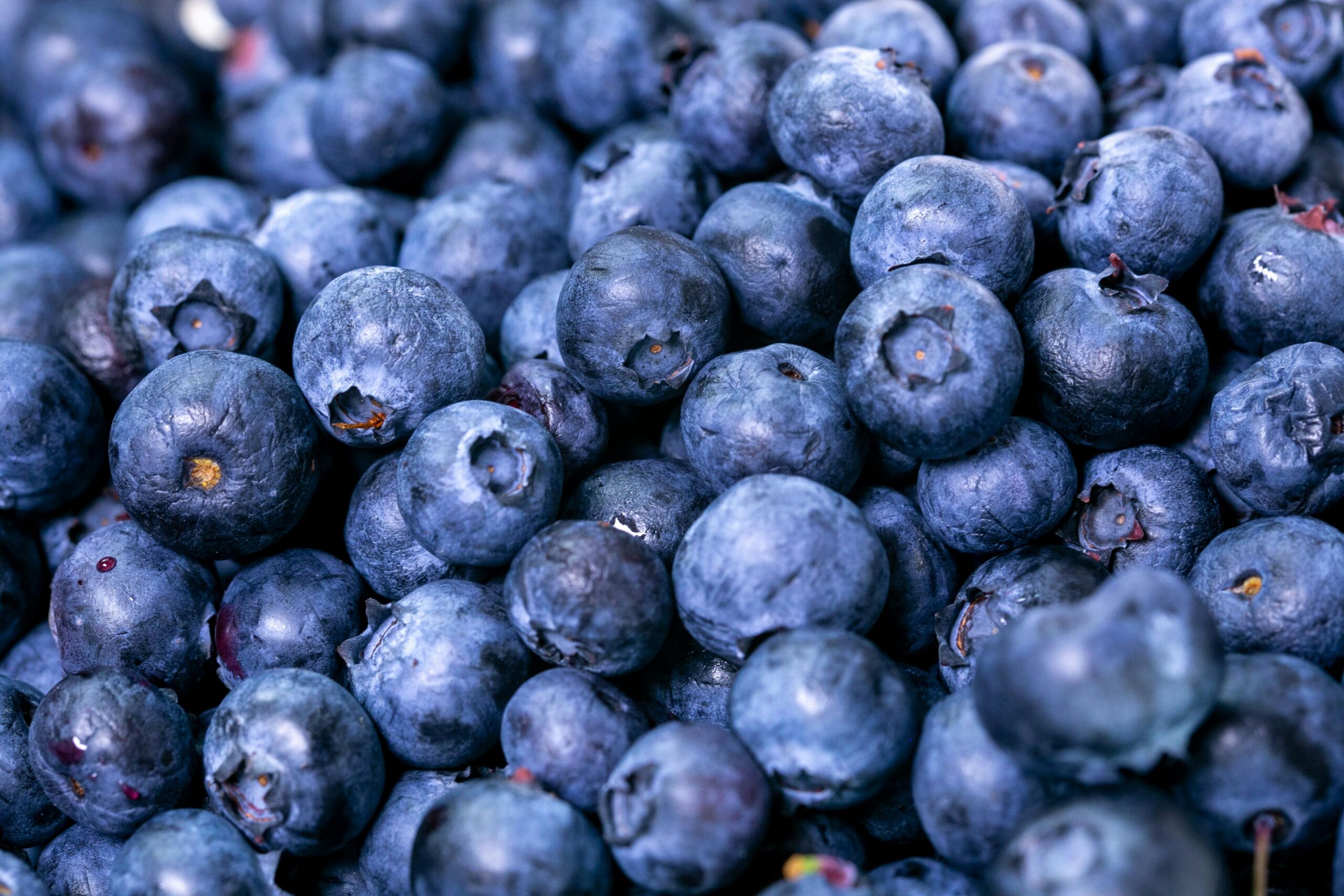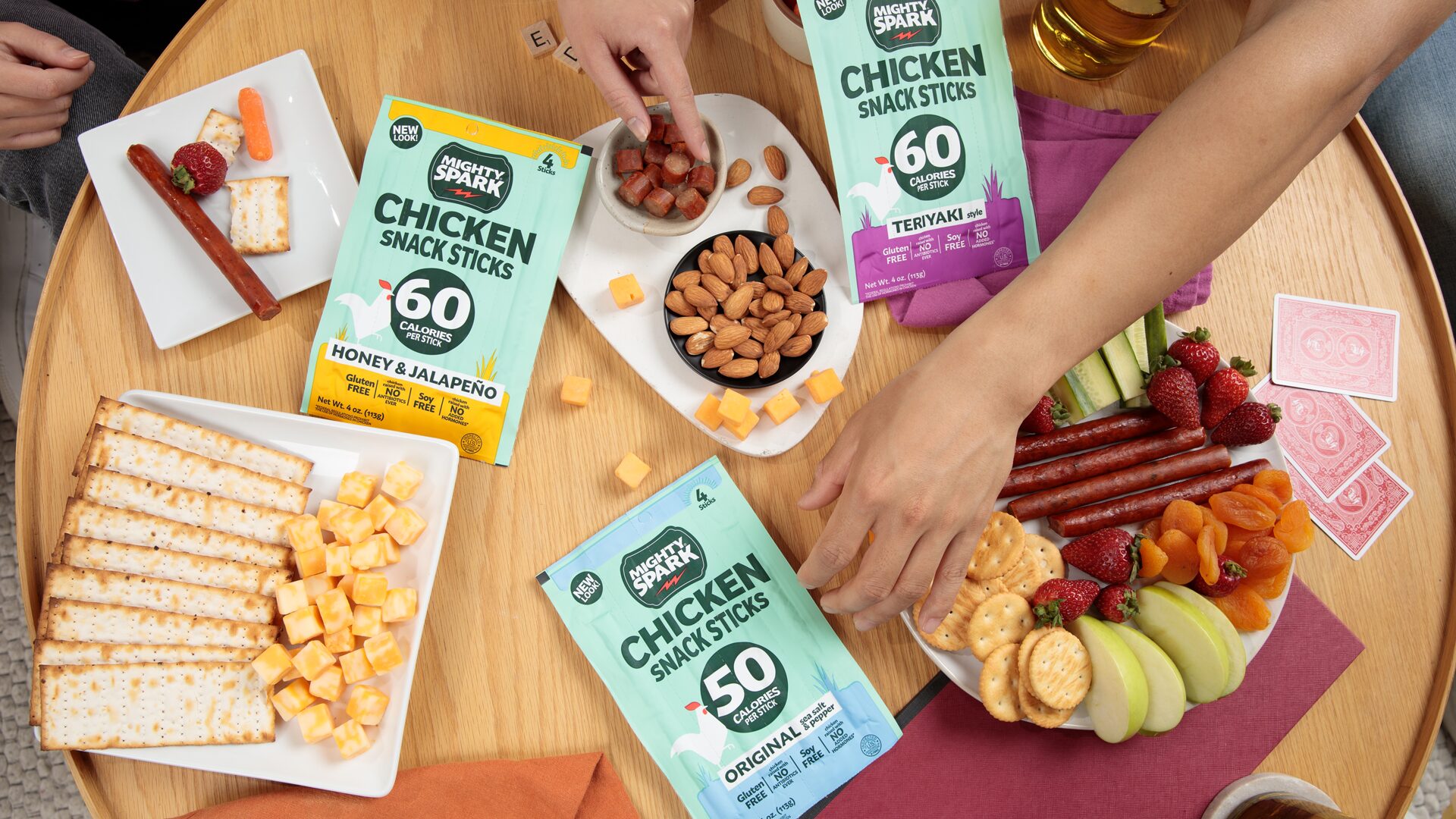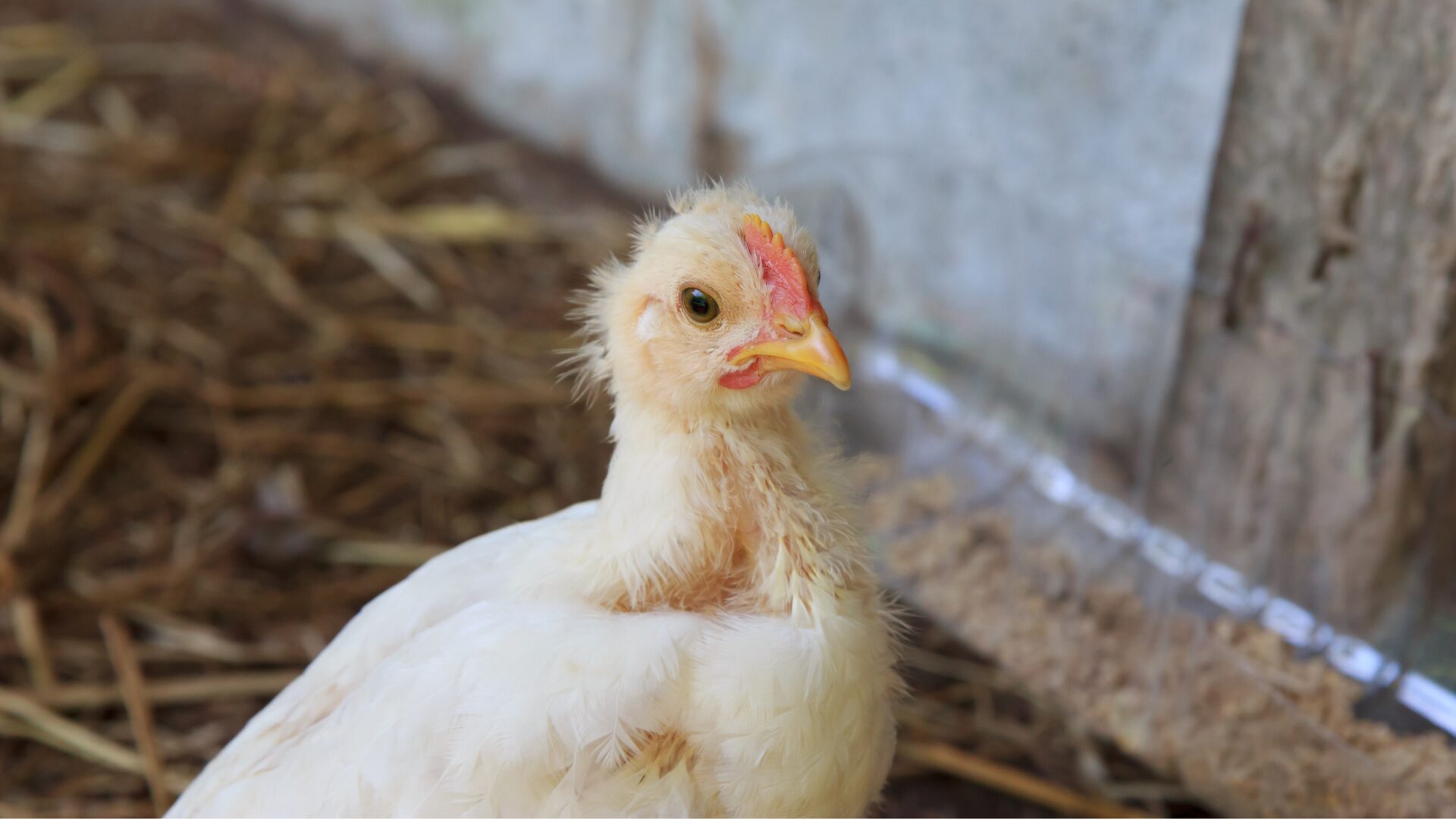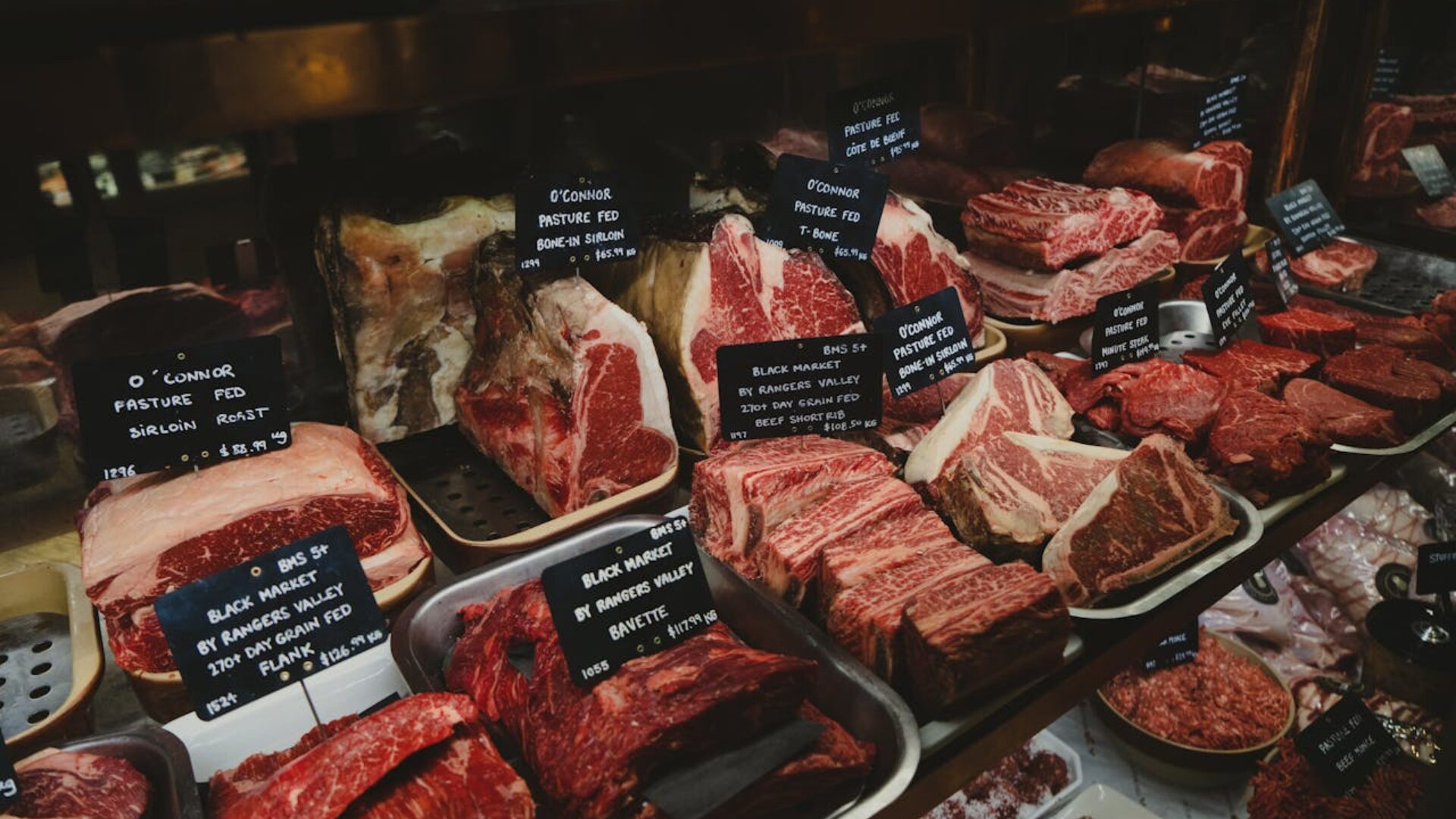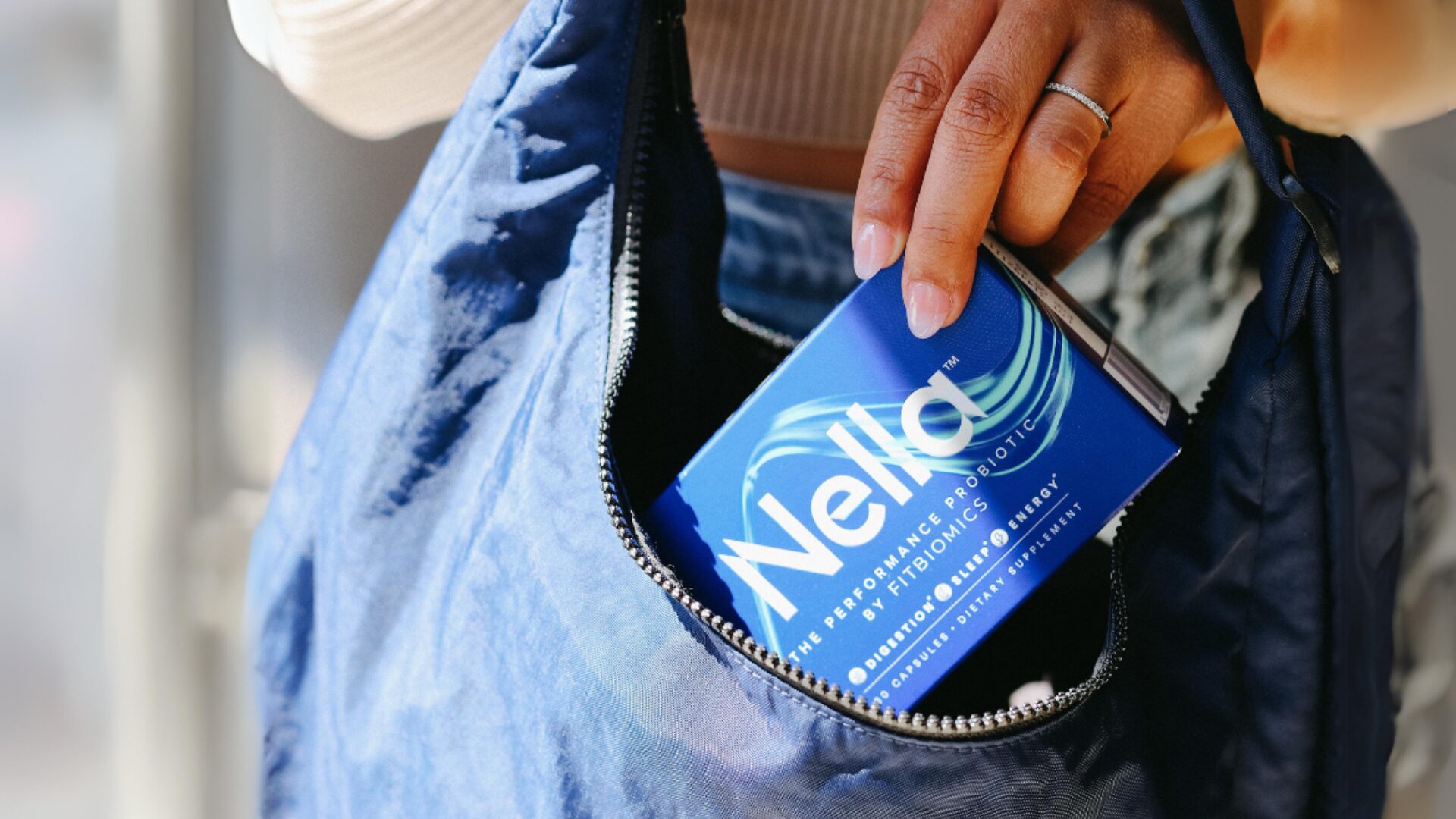Diestel Family Ranch has become the first U.S.-based turkey producer to receive Regenified agriculture certification.
Founded in 1949, Diestel Family Ranch has always prioritized the health of their birds and was one of the first poultry farms to incorporate organic farming practices in 1999.
“Diestel is leading the industry into the future,” said Salar Shemirani, CEO of Regenified, in a press release. “Their commitment to regenerative agriculture extends beyond the farm and the environment, positively impacting the entire supply chain through off-farm purchases of regenerative feed.”
Heidi Diestel, a fourth-generation farmer at the ranch, believes that regenerative commitments are critical to the future of agriculture so farmers and producers of all sizes should see the value in the movement.
“This is a paradigm shift in how we view our role as farmers,” Diestel told FI. “To put it in perspective, four industry giants control roughly 80% of the poultry market – imagine if we got more producers to follow our lead? The positive impact on the climate could be massive.”
Regenified Practices and Benefits
The Regenified certification framework is based on rigorous standards which include soil health, adaptive stewardship, and ecosystem processes. It is also backed by science through extensive on-field and in-lab testing and data collection.
“We care about constant improvement and scaling this program for the long-term,” said Diestel. “What we love about Reginified is that it allows farmers like us to adopt and scale our practices – each year we will work to grow our program (acreage) with their support and guidance.”
Regenerative practices at Diestel Family Ranch include:
- Certified Regenified feed (corn grown by local farmers) for bird and soil health.
- Natural habitats for birds in deeply shaded forests.
- Production of roughly 6,350 tons of compost annually for soil health.
- Use of probiotics over traditional chemicals.
According to Diestel, sourcing regenerative feed has the largest immediate impact on its farms, and the ranch sourced 650 tons of it this calendar year.
“Every aspect of being a farmer impacts the world around us and feed is a critical part of raising poultry,” Diestel concluded. “Addressing how the feed is being grown will bring the entire system closer to a regenerative state that supports the future of farming and our planet.”
The Food Institute Podcast
Tom Hamill, a food and beverage senior analyst for RSM US LLP, joined The Food Institute Podcast to recap the 2024 Summer Fancy Food Show. Hamill shares his thoughts on burgeoning trends from the show and how emerging specialty food brands can best navigate economic factors in the years to come.


